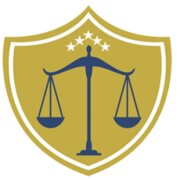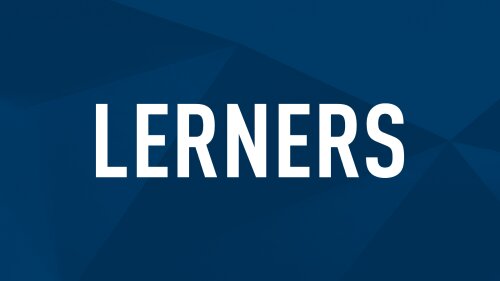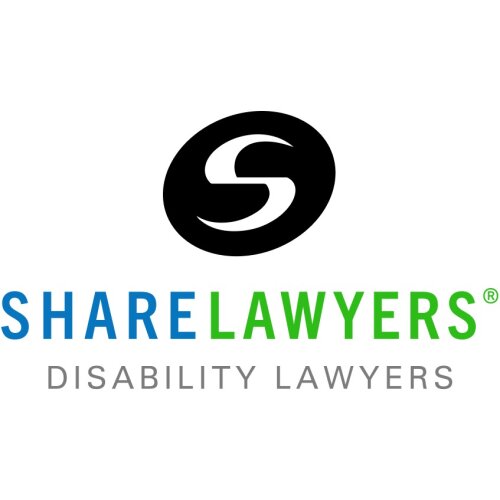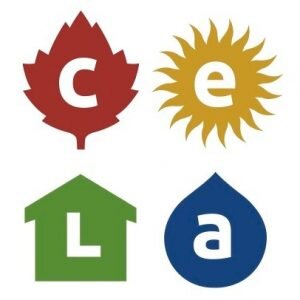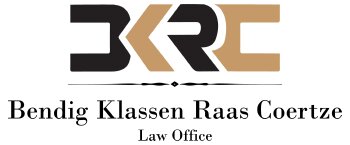Best Civil & Human Rights Lawyers in Canada
Share your needs with us, get contacted by law firms.
Free. Takes 2 min.
Or refine your search by selecting a city:
List of the best lawyers in Canada
About Civil & Human Rights Law in Canada
Civil and human rights law in Canada encompasses a broad spectrum of legal protections that ensure the fundamental rights and freedoms of individuals are respected and safeguarded. This area of law is primarily guided by the Canadian Charter of Rights and Freedoms, Part I of the Constitution Act, 1982, which enshrines key rights and freedoms such as freedom of expression, equality rights, and the right to life, liberty, and security. Additionally, provincial and territorial human rights codes provide protection against discrimination in areas like employment, housing, and access to services.
Why You May Need a Lawyer
People may need legal assistance in civil and human rights for numerous reasons. Common situations include facing discrimination at work, experiencing racial profiling, violations of privacy, or any infringement of rights as guaranteed by the Charter. Legal help can also become necessary when advocating for the rights of marginalized communities or when individuals face barriers in accessing services due to disability, gender identity, or sexual orientation.
Local Laws Overview
In Canada, civil and human rights are protected by both federal and provincial/territorial laws. The Canadian Human Rights Act prohibits discrimination by federally regulated employers and service providers. Each province and territory has its own human rights legislation, with agencies called human rights commissions or tribunals responsible for handling complaints. Critical components of these laws include the prohibition of discrimination based on race, gender, age, religion, disability, and other grounds. Legal frameworks also include rights related to language, indigenous peoples, and equality rights, bolstered by international treaties to which Canada is a signatory.
Frequently Asked Questions
What is the Canadian Charter of Rights and Freedoms?
The Charter is a part of Canada’s Constitution that guarantees certain political and civil rights to everyone in Canada from the policies and actions of all levels of government.
How do I file a human rights complaint?
You can file a complaint through your provincial or territorial human rights commission. They provide guidance and processes for addressing discrimination or rights violations.
What constitutes discrimination in Canada?
Discrimination refers to unfair treatment or denial of rights based on characteristics such as race, gender, age, disability, or sexual orientation, among others.
Can my employer retaliate against me for a human rights complaint?
No, retaliation for filing a human rights complaint is prohibited under Canadian law, and victims may have the right to seek further legal remedies.
How long does a human rights case take?
The duration can vary, typically taking months to a few years depending on the complexity, jurisdiction, and whether it’s resolved through mediation or proceeds to a tribunal hearing.
What should I do if I believe my rights under the Charter have been violated?
Seek legal advice to evaluate the situation and determine the appropriate course of action, which may involve filing a complaint or lawsuit.
Are there legal protections for LGBTQ2+ individuals in Canada?
Yes, LGBTQ2+ individuals are protected under the Charter and human rights legislation, which includes protection from discrimination and the guarantee of equal treatment.
What are my rights if I’m detained by the police?
You have the right to remain silent, to be informed of the reason for your detention, and to consult a lawyer without delay under the Charter.
How can I advocate for indigenous rights in Canada?
Engage with and support indigenous communities and rights organizations, educate yourself on the history and current issues, and advocate within your sphere of influence.
What if I’m discriminated against online?
Online discrimination can be reported to human rights commissions and may also be addressed through cyber-bullying laws and internet service providers’ terms of use policies.
Additional Resources
For further assistance, consider reaching out to the following resources: - Canadian Human Rights Commission - Provincial and territorial human rights commissions - Legal Aid services in your province or territory - The Canadian Bar Association’s resources - Nonprofit organizations advocating for civil liberties such as the Canadian Civil Liberties Association
Next Steps
If you need legal assistance in civil and human rights, start by documenting your situation clearly and gathering any evidence or witnesses that support your case. Consult a lawyer specializing in human rights law to explore your options and develop a strategic plan. Legal aid services or community legal clinics may be available if you cannot afford a lawyer. It's important to act promptly, as there may be time limits for filing complaints or lawsuits.
Lawzana helps you find the best lawyers and law firms in Canada through a curated and pre-screened list of qualified legal professionals. Our platform offers rankings and detailed profiles of attorneys and law firms, allowing you to compare based on practice areas, including Civil & Human Rights, experience, and client feedback.
Each profile includes a description of the firm's areas of practice, client reviews, team members and partners, year of establishment, spoken languages, office locations, contact information, social media presence, and any published articles or resources. Most firms on our platform speak English and are experienced in both local and international legal matters.
Get a quote from top-rated law firms in Canada — quickly, securely, and without unnecessary hassle.
Disclaimer:
The information provided on this page is for general informational purposes only and does not constitute legal advice. While we strive to ensure the accuracy and relevance of the content, legal information may change over time, and interpretations of the law can vary. You should always consult with a qualified legal professional for advice specific to your situation.
We disclaim all liability for actions taken or not taken based on the content of this page. If you believe any information is incorrect or outdated, please contact us, and we will review and update it where appropriate.
Browse civil & human rights law firms by service in Canada
Canada Attorneys in related practice areas.
Browse civil & human rights law firms by city in Canada
Refine your search by selecting a city.






